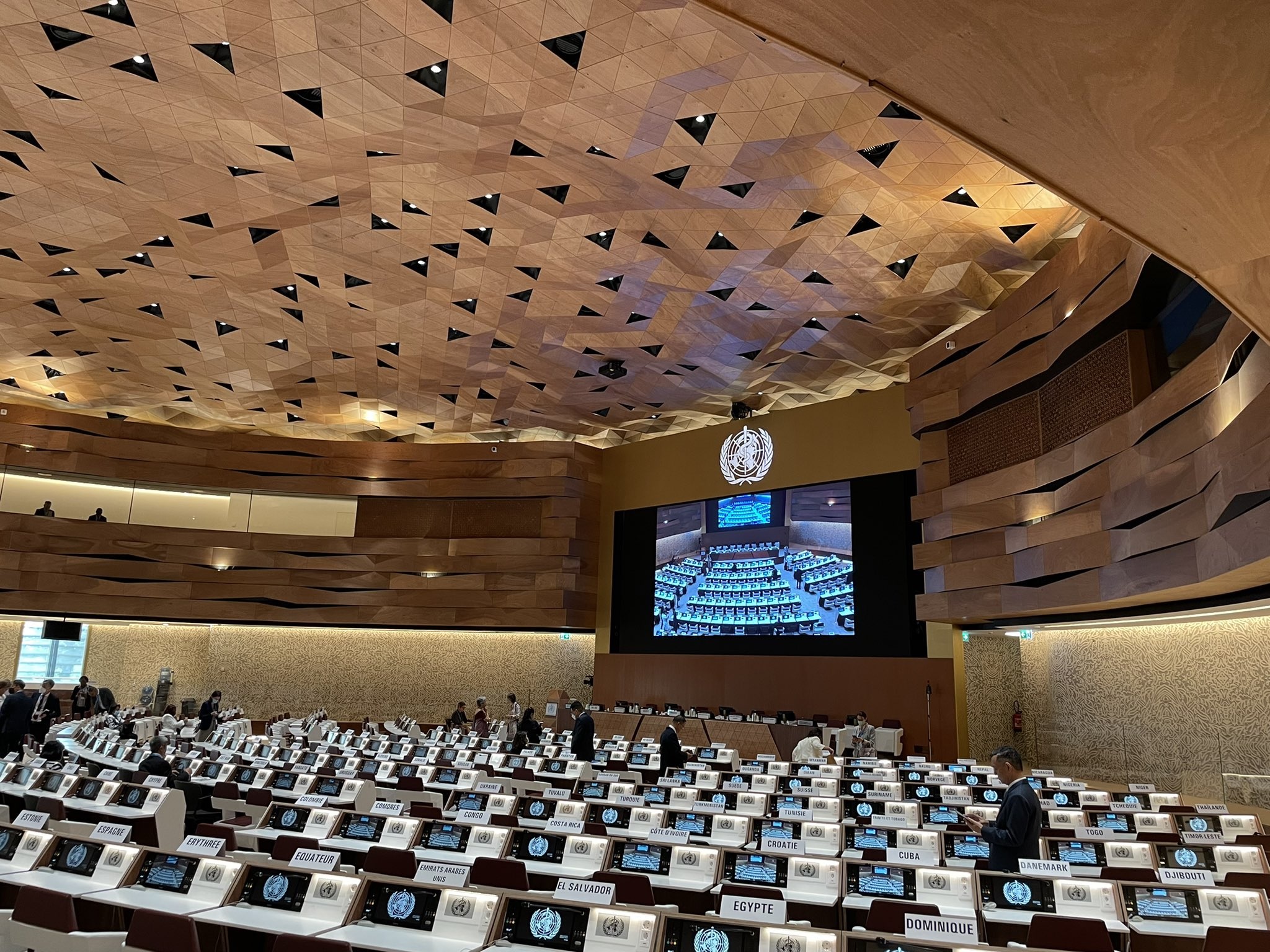WFSA joined forces with the Global Health Foundation, Save the Children, the Task Force for Global Health and Women Deliver to present the following statement during the 75th World Health Assembly on Agenda Item 15: Human Resources for Health.
Over the course of the COVID-19 pandemic, we have been heartened to see the increased attention to a range of issues affecting the health workforce, especially since the pandemic has taken such an enormous toll on health workers around the globe. Yet, many ongoing challenges demand urgent attention. Protests by health workers have increased, with nearly four thousand taking place in 85 countries from 2020 to 2021. This Assembly must be a turning point for the workforce, as the current situation is not sustainable.
We call on Member States to ensure:
- Recognition and remuneration for currently unpaid ‘voluntary’ work, mainly carried out by women.
- Work free from violence, discrimination, and harassment.
- Decent work, safety, fair pay, and equal opportunities for career advancement and leadership for women health and care workers, as well as young people new to and entering into the health and care workforce
- Full support for the Working for Health (2022-2030) Action Plan, including much greater financial support for the Multi-Partner Trust Fund. Additional efforts are needed to advance this agenda at the country level. We stand ready to support this work.
- Better integration of community health workers into the health workforce in the context of investments in primary health care.
- Transparency and innovation in any new health worker initiative, including a clear definition of what new investments and partnerships it will include.
- Invest in health workforce strengthening by focusing on continued medical education, and creating safe, equitable work environments with high-quality facilities. This can contribute to professional wellbeing, which has a direct link to patient-centered care.
COVID-19 has brought into stark relief the professional well-being of a chronically overstretched and under-resourced health workforce. We must address these issues holistically






